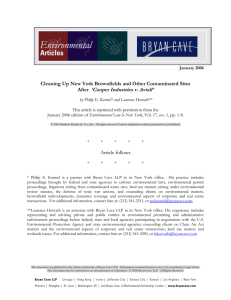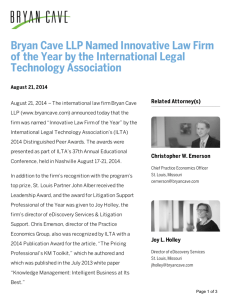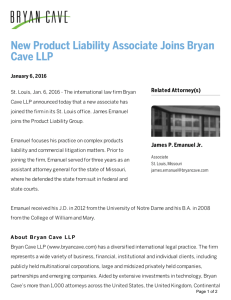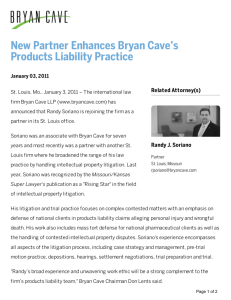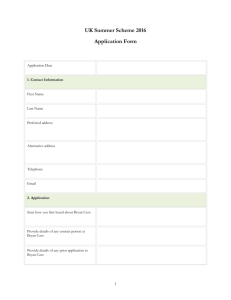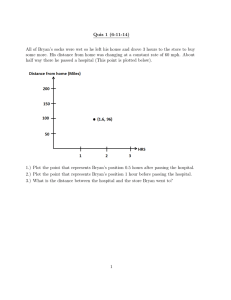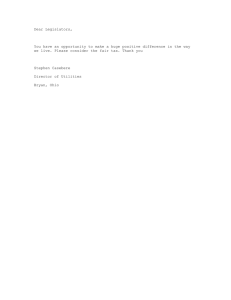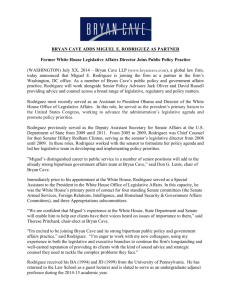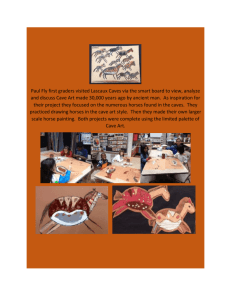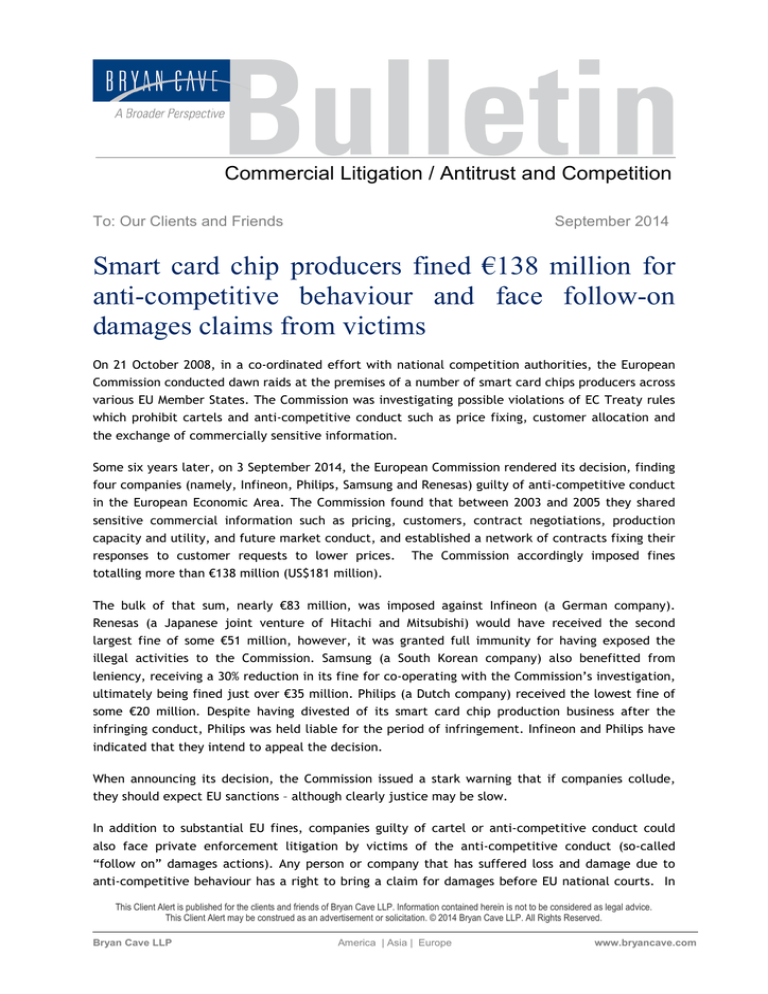
Commercial Litigation / Antitrust and Competition
To: Our Clients and Friends
September 2014
Smart card chip producers fined €138 million for
anti-competitive behaviour and face follow-on
damages claims from victims
On 21 October 2008, in a co-ordinated effort with national competition authorities, the European
Commission conducted dawn raids at the premises of a number of smart card chips producers across
various EU Member States. The Commission was investigating possible violations of EC Treaty rules
which prohibit cartels and anti-competitive conduct such as price fixing, customer allocation and
the exchange of commercially sensitive information.
Some six years later, on 3 September 2014, the European Commission rendered its decision, finding
four companies (namely, Infineon, Philips, Samsung and Renesas) guilty of anti-competitive conduct
in the European Economic Area. The Commission found that between 2003 and 2005 they shared
sensitive commercial information such as pricing, customers, contract negotiations, production
capacity and utility, and future market conduct, and established a network of contracts fixing their
responses to customer requests to lower prices.
The Commission accordingly imposed fines
totalling more than €138 million (US$181 million).
The bulk of that sum, nearly €83 million, was imposed against Infineon (a German company).
Renesas (a Japanese joint venture of Hitachi and Mitsubishi) would have received the second
largest fine of some €51 million, however, it was granted full immunity for having exposed the
illegal activities to the Commission. Samsung (a South Korean company) also benefitted from
leniency, receiving a 30% reduction in its fine for co-operating with the Commission’s investigation,
ultimately being fined just over €35 million. Philips (a Dutch company) received the lowest fine of
some €20 million. Despite having divested of its smart card chip production business after the
infringing conduct, Philips was held liable for the period of infringement. Infineon and Philips have
indicated that they intend to appeal the decision.
When announcing its decision, the Commission issued a stark warning that if companies collude,
they should expect EU sanctions – although clearly justice may be slow.
In addition to substantial EU fines, companies guilty of cartel or anti-competitive conduct could
also face private enforcement litigation by victims of the anti-competitive conduct (so-called
“follow on” damages actions). Any person or company that has suffered loss and damage due to
anti-competitive behaviour has a right to bring a claim for damages before EU national courts. In
This Client Alert is published for the clients and friends of Bryan Cave LLP. Information contained herein is not to be considered as legal advice.
This Client Alert may be construed as an advertisement or solicitation. © 2014 Bryan Cave LLP. All Rights Reserved.
Bryan Cave LLP
America | Asia | Europe
www.bryancave.com
this instance, the volume of victims (and therefore potential claimants) is likely to be substantial
given that smart card chips are used so widely. In particular, they are found in PayTV cards,
mobile phones SIM cards, bank cards, even identity cards and passports.
In such follow-on actions, a Commission finding of liability will be conclusive that illegal conduct
has occurred, which means victims are only required to prove causation and that they suffered
quantifiable loss. Follow-on actions are therefore substantially faster and cheaper than standalone
proceedings.
Not surprisingly, recent years have seen a significant increase in these private
actions, with claimants obtaining fast and effective redress. Injunctions can be obtained in a
matter of days and damages can be very substantial – running into millions of Euros. As is clear from
the EU Commission’s recent announcement of its decision against the smart card chip cartellists,
such private enforcement actions are actively encouraged by the EU. This is also reflected at the
legislative level, with proposed EU and national legislative changes likely to make it even easier
and more cost effective for victims to obtain such damages.
For more information on this subject, kindly send your questions to the author, your contact at
Bryan Cave or to any member of the Commercial Litigation or Antitrust and Competition Client
Service Group.
Cara Dowling, London
Direct Dial: +44 (0)20 3207 1208 / cara.dowling@bryancave.com
Bryan Cave's alerts/bulletins/briefings are available online at www.bryancave.com/bulletins.
2
Bryan Cave LLP
America | Asia | Europe
www.bryancave.com

